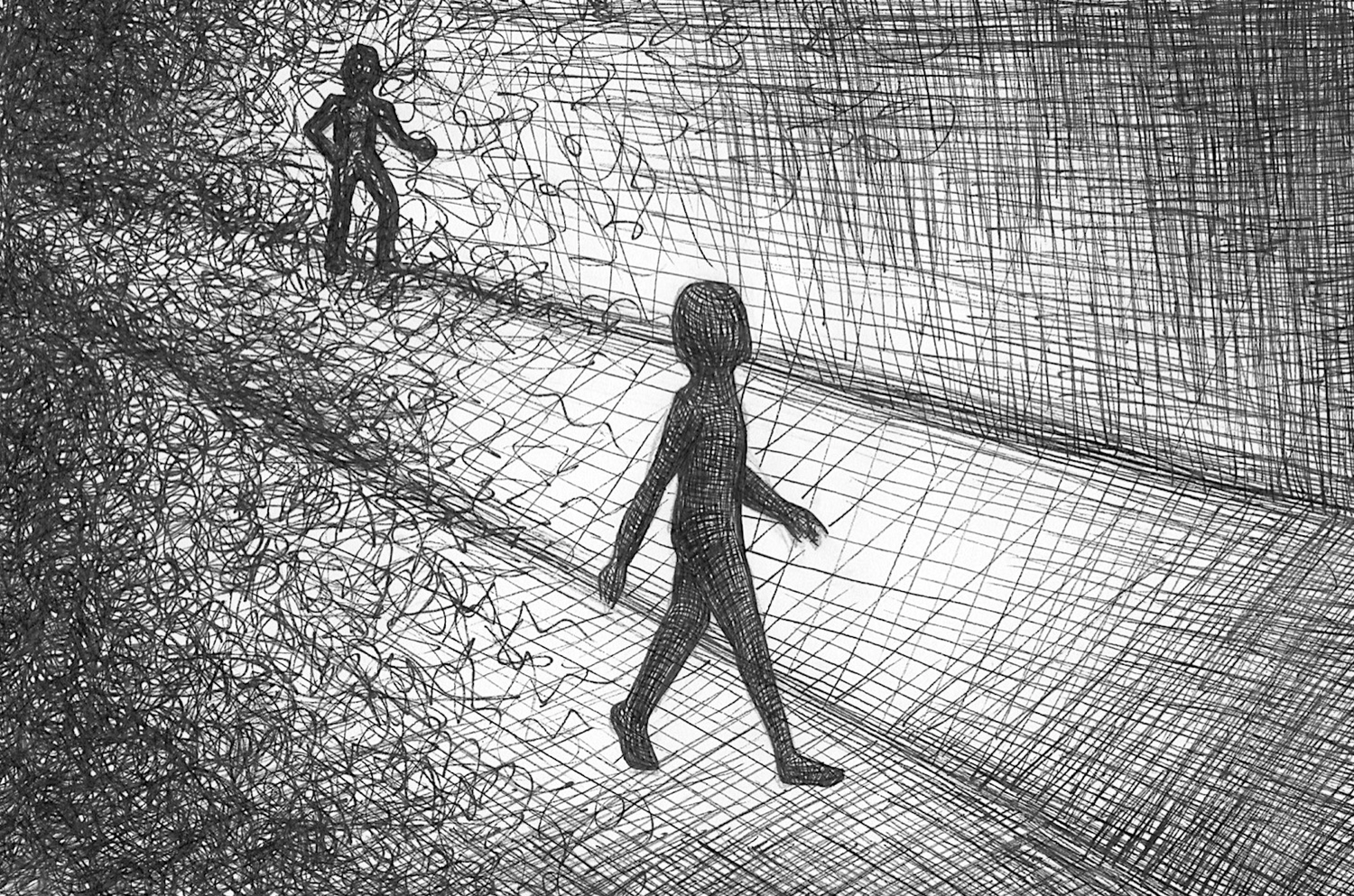
News
Harvard Alumni Email Forwarding Services to Remain Unchanged Despite Student Protest

News
Democracy Center to Close, Leaving Progressive Cambridge Groups Scrambling

News
Harvard Student Government Approves PSC Petition for Referendum on Israel Divestment

News
Cambridge City Manager Yi-An Huang ’05 Elected Co-Chair of Metropolitan Mayors Coalition

News
Cambridge Residents Slam Council Proposal to Delay Bike Lane Construction
Ways We Learn to Cope
Let me say it for you: The snowflakes are back again, this time wanting safety for themselves and their communities — the nerve!
Sometime earlier this year, I was waiting for the walk sign that would let me cross from Harvard Yard to Harvard Square. I can’t quite remember where I was heading, only that I had a million and one things to do once I got there — and maybe because I was so caught up, I almost missed the yelling behind me.
I turned abruptly, mostly confused until I spied the man on the other side of the road, shouting out a string of rather unimaginative slurs about Muslims, foreigners, and the age old classic bit on terrorists. He noticed my attention and got more animated in his insults, perhaps emboldened by the distance between us, but at that point I’d already dismissed the situation and carried on my merry way. Those million and one things couldn’t just wait around for Islamophobia.
Friends of mine later urged me to go to HUPD to report the incident but I didn’t bother for two reasons: Even if the campus police did track down this guy, bigots tend to be determined when it comes to holding onto their narrow-minded ways, and secondly — I was used to it. See, I’ve been conditioned to know how to read the way a person looks at me, my family, and my friends; taking in the hidden judgments from their stiff expressions or blatant biases in their direct glares as cues on how any given interaction will proceed.
I was dutifully told in the comments of my previous article that: “If you choose to wear the uniform shared by terrorists and suicide bombers then you should expect to have people look” — but unfortunate as it is, hatred doesn’t have one specific attire. It can come in the form of anything from a boarding school outfit to a presidential suit and tie. There’s no precise gamble on when people will show their ugly colors, which is why I’ve learned to never engage: not in middle school when the man sitting beside me on the bus kept making leering comments, or with the woman on the train who screamed at me to go back to my country when I was in high school. And these are just some of the tamer incidents.
With all this, I was not surprised that the same festering sentiments of racism and bigotry had found a home in the cracks and corners of Harvard. After the 2016 election, for example, a fellow student joked that I should start packing up my things. Holly Yan wrote in a CNN article on everyday racial profiling: “For every story that makes the news, there are countless others that don’t involve police. Black customers who get followed too closely by store employees. Hispanic students and Muslims who get asked if they’re really American.”
It is easier to cope with laughter. Joking about a difficult encounter with your friends makes the situation easier to process. We’ve used this familiar cushion many times to brush off the scary incidents that frequent our lives too often. In the aftermath we’re always just grateful that things that things did not escalate into anything worse.
From my experience, I will admit that I have a learned-wariness when it comes to authority figures, which is why it is especially disappointing that The Crimson has reaffirmed a commitment to continuing to request comment from ICE’s media office. How easy must it be to claim objectivity at the cost of those who are vulnerable to an organization that has perpetuated a continuous harm through severe measures of racial profiling.
Safety is not an assurance for certain communities in the United States, not even a place as prestigious as Harvard. There will always be students who have to be a little more on guard, a little more careful. I already shared how my own mechanism of defense is to brush off the moments that don’t feel safe, to repeat my parent’s advice of knowing when to stand up and when it is better to tread closer with caution when it comes to adding fuels to the unpredictable fires of racism and bigotry. But there’s a limit to how much we can ignore and for how long. Because the pointed looks and insensitive comments, the ignorant slurs and hateful jeers, they’re all going to reach an inevitable breaking point for us — if they haven’t already.
Tajrean Rahman ’20, is a History and Science concentrator in Currier House. Her column appears on alternate Fridays.
Want to keep up with breaking news? Subscribe to our email newsletter.

